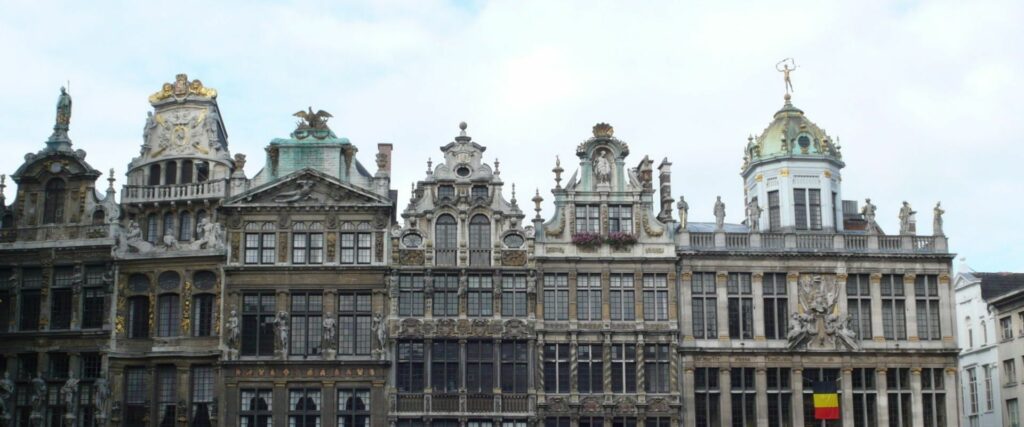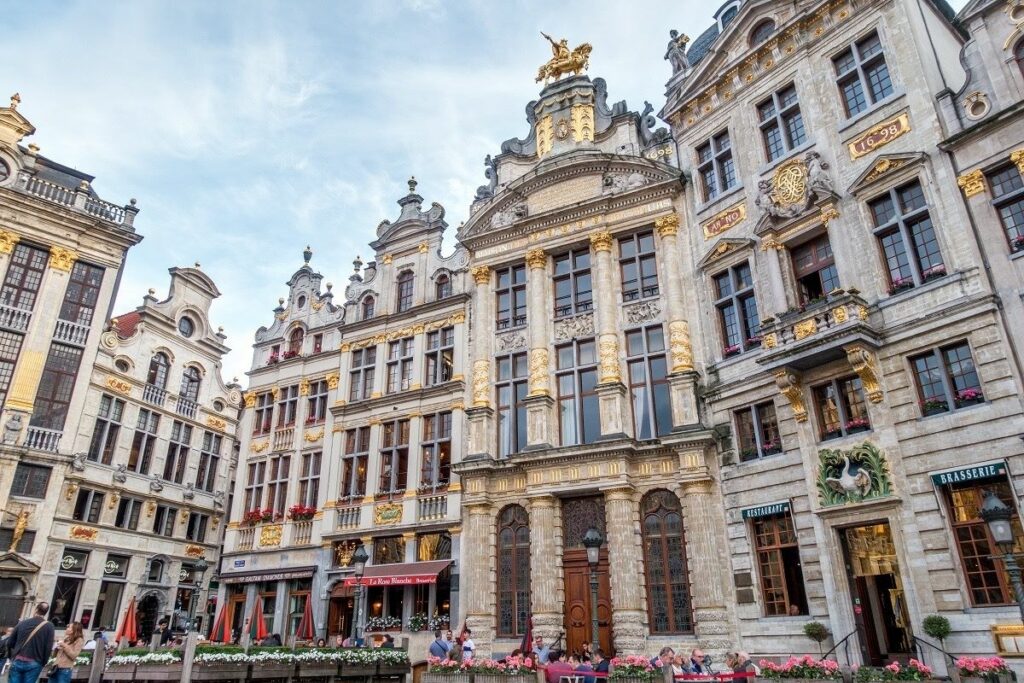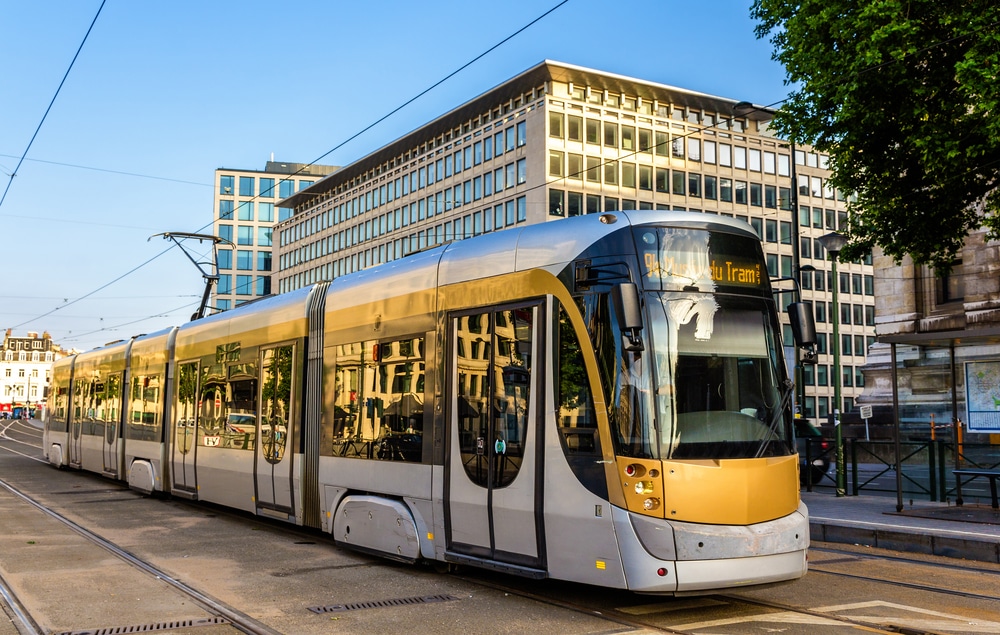Brussels is the capital of Belgium. Apart from being a historical and political center, it has been in great demand for higher education. The multilingual culture of Brussels, along with good quality academic institutions and closeness to other European capitals, makes Brussels attractive to students from all parts of the world. This guide offers an overview of the costs related to studying and living in Brussels, updated information on tuition, accommodation, daily expenses, and other necessary aspects.
Brussels Background
Brussels is full of culture and history. Being the capital of Belgium and the political center of the European Union, Brussels gives a lively atmosphere which blends old-fashioned charm with modern comfort. Placed at the heart of Europe and with a multiculturally charged environment, the city of Brussels has thus become a perfect destination for international students who seek quality education coupled with the influence of other cultures.
Education in Brussels

Belgium is recognized worldwide for its class-apart education system. There is a high scope in Brussels for higher studies, and this multilingual city more speaks Dutch (Flemish) and French although maximum universities impart courses in the English language. This factor alongside globally accredited degrees, quite low tuition fees, and vigorous academic environment has been quite a favorite destination for foreign students in the last few years.
Must Read: Top 10 Tuition-Free Universities in Belgium
Tuition Fees in Brussels

Flemish Region (Flanders)
In the Dutch-speaking region of Belgium, tuition fees for full-time degree programs are structured as follows:
- European Union (EU) Students: Approximately 940 EUR per year.
- Non-European Union (Non-EU) Students: 950 to 7,000 EUR per year, depending on the program.
Courses such as medicine, dentistry, and engineering tend to be on the higher end of the fee spectrum. Master’s programs, particularly MBAs, can cost significantly more, ranging from 10,000 to 20,000 EUR annually.
Students are also required to register for a credit or exam contract:
- Credit contract: ~250 EUR
- Exam contract: ~110 EUR
Wallonia Region
In the French-speaking Wallonian region, the tuition structure is:
- EU Students: Up to 835 EUR annually.
- Non-EU Students: 4,175 EUR annually, with additional fees for specialized programs like medical degrees or MBAs.
Registration fees are applicable across institutions and vary based on nationality, the program of choice, and financial eligibility. For exact costs, students should contact their respective universities.
Must Read: Top 10 Tuition-Free Universities in Belgium
Prominent Universities in Brussels
- Université Libre de Bruxelles (ULB): Founded in 1834, ULB has the largest share of international students in Belgium, accounting for 30% of the total number of students. Scientific and medical programs are highly appreciated.
- Université Catholique de Louvain (UCL): It is a French-speaking university in Brussels. It has a large number of international students, up to 20% of the population, and it is also known for the diversity of its courses and research activities.
- Vrije Universiteit Brussel (VUB): Dutch language, both Bachelors, Masters and Ph.D.’s can be conducted in English, famous for its diversities and internationalization.
Scholarships in Brussels

Students looking to alleviate their financial burden can explore various scholarships:
- Government-funded scholarships.
- University-specific grants.
- Private sector scholarships.
These financial aids are available for EU and non-EU students across undergraduate, graduate, and doctoral levels, provided they meet the eligibility criteria.
Cost of Living in Brussels
Accommodation Costs

Accommodation in Brussels varies depending on size, amenities, and location. Key options include:
- Student Dormitories:
- Starting from 200 EUR per month.
- Affordable but limited in supply.
- Private Accommodation:
- Ranges from 300–500 EUR per month for shared apartments.
- Utilities (heating, water, electricity): ~192 EUR per month.
Students opting for private housing usually share common areas while having a private room. Always review rental agreements to understand inclusions and upfront costs.
Daily Living Expenses
On average, students in Brussels spend 800–1,000 EUR per month, including:
- Groceries: Supermarkets like Carrefour, Delhaize, and Lidl cater to a variety of budgets.
- Transportation: Monthly student passes cost 20–25 EUR. Walking or cycling is a cost-effective alternative.
- Study Materials: Expect to spend around 50 EUR monthly on books and supplies.
- Healthcare: Join a mutual insurance scheme (mutuelle) for ~50 EUR quarterly, covering medical and pharmaceutical expenses.
Sample Grocery Prices

- Milk (1L): 1.30 EUR
- Fresh bread (500g): 1.72 EUR
- Rice (1kg): 1.68 EUR
- Eggs (12 pieces): 3.73 EUR
- Chicken fillet (1kg): 11.50 EUR
- Apples (1kg): 2.18 EUR
- Bananas (1kg): 1.49 EUR
Entertainment and Leisure
- Gym Membership: 20–40 EUR per month.
- Movie Ticket: ~12 EUR.
- Dining Out: 25 EUR per meal at mid-range restaurants.
Transportation in Brussels

Actually buses, trams, metro are an excellent network of public transportation. Students might get 20–25 EUR discount on monthly pass. The city neither expensive to be walked around nor cycled through economically and ecologically.
Healthcare in Brussels
Belgium’s health system is highly subsidized and therefore relatively affordable for students. International students who do not have coverage need to enroll in a mutual insurance scheme, which partly covers hospitalization, medication, and pharmacy costs. Contributions cost ~50 EUR quarterly.
Tips to Save Money as a Student
- Accommodation: Opt for university dormitories or shared apartments.
- Transportation: Use bicycles or walk whenever possible.
- Groceries: Shop at budget-friendly stores like Lidl.
- Dining: Cook meals instead of eating out frequently.
- Books: Buy second-hand or digital copies.
Conclusion
Brussels offers good education at affordable prices along with affluent culture richness. The level of life here is somehow bigger compared to small cities. Still, it is quite rationally considered in order to tolerate for the capital city of Europe. If the student plan’s his budget proper he would surely enjoy their educational activity within one of the alive European cities. Whether it is studying the deep history of Brussels or exploiting its strategic central location for travel in Europe, the study in Brussels presents a good investment into learning and personal development.

2 Comments
Pingback: How to Apply for Canada Visa from Pakistan 2025
Pingback: USEFP Fulbright Scholarship 2026 in United States (Fully Funded)